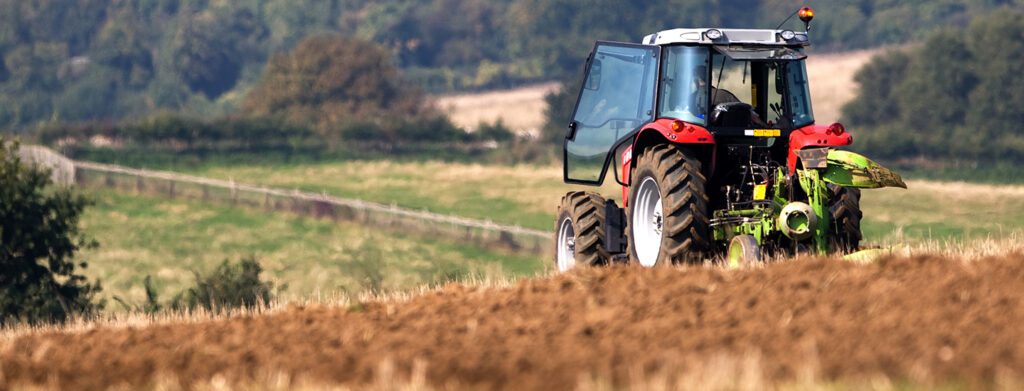Author
What do Carmarthen ham, Welsh laverbread and the Birmingham balti have in common? Aside from making the mouth water, the answer is that they are all in line, along with 8 other UK products, to obtain new protected name status under the EU quality designation schemes.
There are three schemes, operated by the European Commission, which are designed to protect the names of products which have a specific place of origin or traditional character against imitation or infringement:
- Protected Designation of Origin (PDO) covers agricultural products and foodstuffs which are produced, processed and prepared in a given geographical area using recognised know-how. UK examples include Jersey Royal potatoes, Native Shetland Wool and Cornish Clotted Cream.
- Protected Geographical Indication (PGI) covers agricultural products and foodstuffs closely linked to the geographical area. At least one of the stages of production, processing or preparation takes place in the area. UK examples include West Country Lamb/Beef, Fenland Celery and Stornoway Black Pudding.
- Traditional Speciality Guaranteed (TSG) highlights traditional character, either in the composition or means of production. UK examples include Traditional Farmed Gloucestershire Old Spots Pork and, as of 29 July 2015, Traditional Bramley Apple Pie Filling.
As part of a drive to increase the number of protected UK product names from 66 to 200, a PGI application for Carmarthen ham, a PGO application for Welsh laverbread and a TSI application for the Birmingham balti are all currently being scrutinised by the European Commission.
Whether an application for a PDO or PGI is sought is, arguably, a somewhat arbitrary decision. The important distinction, however, is that a PDO must be processed and prepared in a given geographical area whereas only one of the stages of production of a product with a PGI must take place in the designated geographical location. The Cornish pasty therefore possesses PGI status even though individual pasty components may not necessarily originate from Cornwall.
What’s in a name?
Unlike trade marks, the EU’s quality designation system establishes a right for the original applicant to use the relevant product name, as well as a right for any other producers that can meet the specification set out in the application.
Although no enforcement action has ever been taken in the UK, producers that do not fall within the quality designation are prohibited from making direct or indirect commercial use of the registered name or giving misleading information about the origin or qualities of a product. Where a product does not meet the specifications for a quality designation but is marketed in competition with a validly registered protected name, the product can be ordered to be removed from the market.
The significance of this remedy can be seen by the decision of the Court of Appeal in Paris in 1993 which ordered the destruction of 10 million francs worth of Yves Saint Laurent ‘Champagne’ perfume after it was found to infringe the famous PDO.
Location, location, location
When applying for protected status, the ability to produce or process the product in the specified area must not be taken lightly, as highlighted by the case of Newcastle Brown Ale. When it became more commercially viable to move production across the River Tyne to Gateshead, the applicant sought, and was granted, cancellation of the PGI as the beer was no longer produced in Newcastle-upon-Tyne (the production location specified in the PGI).
Whilst a quality designation therefore has the advantage of protecting a unique product and may have a wider effect boosting competition and increasing tourism, before applying for protected name status, applicants should be aware that a quality designation is not just a personal right and be sure that they are able to comply with the designation conditions.
For more information please contact David Thompson, Partner and Head of the Food & Drink team on david.thompson@michelmores.com or 01392 687656.

